The brilliant Argentinian auteur Lucrecia Martel returns with a feverish, formally sophisticated period piece about a Spanish officer’s personal hell in colonial South America.
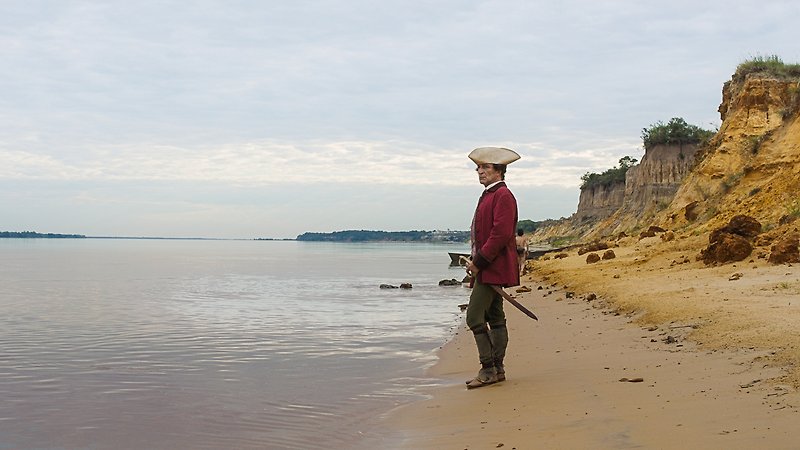
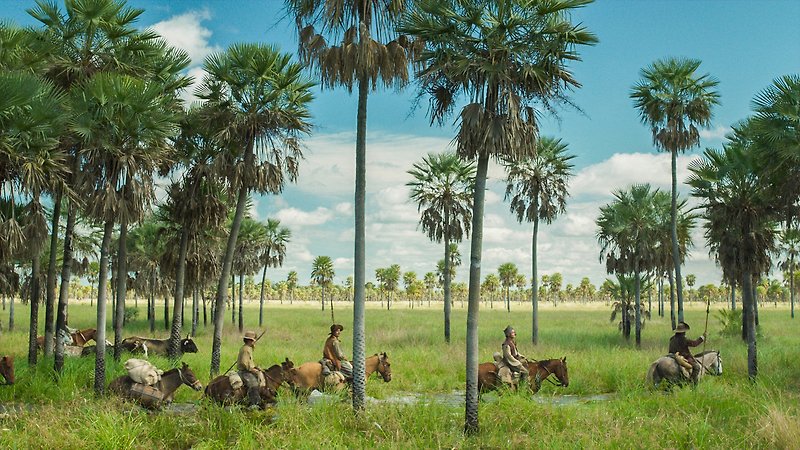
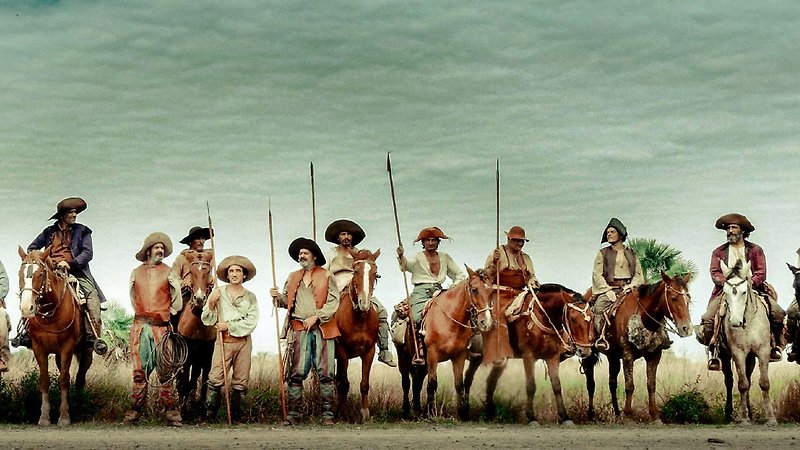
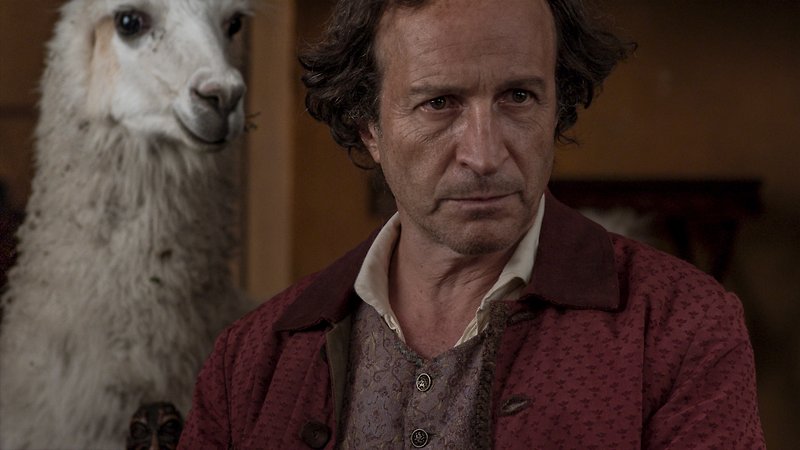
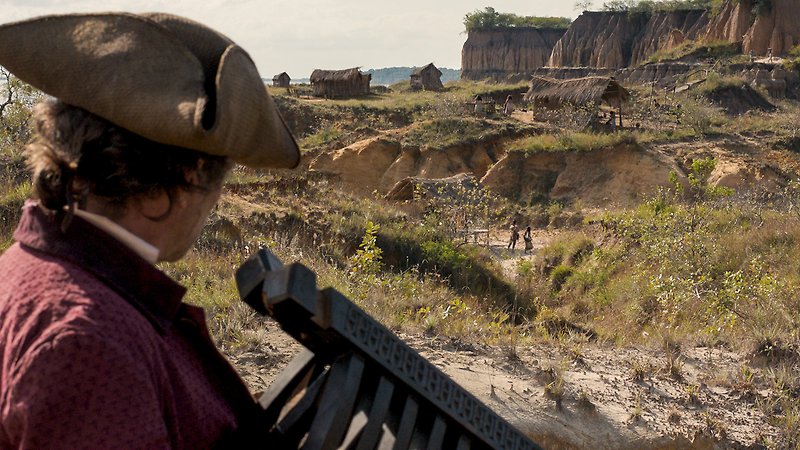


Beautiful, hypnotic, mysterious and elliptical.
Screened as part of NZIFF 2018
Zama 2017
Based on a classic of Argentinian literature, Zama is a strange, unsettling and surprisingly funny tale of a bumbling bureaucrat relegated to the outskirts of Spain’s colonial takeover of South America. As the first feature from Lucrecia Martel in nearly a decade, it’s also nothing short of an event: an outstanding new film by one of cinema’s great contemporary filmmakers.
Slumming it in a Paraguayan backwater, the titular Zama longs for upward mobility towards a bigger, brighter jewel in the Spanish Crown – but in between being branded a voyeur, impregnating a local woman and other routine humiliations, he is as powerless to change his circumstances as he is the prospects of the squalid town he’s trapped in. As Martel delights in the irony of Zama’s impotence as a would-be patriarch and zeroes in on the failures of colonialism with brutal honesty, she also takes hold of the nucleus of Antonio Di Benedetto’s book – an unfilmable mixture of Beckett, Kafka and Don Quixote – with startling formal control. It’s quite a feat to evoke both the complexity of novel writing and the intricacy of classical painting within a singular cinematic whole, but Martel has done so, surrounding it with extraordinary sound design, a signature of all her films.
The absurd and dreamlike misery of Zama’s journey to nowhere eventually heads down the river and into quasi-Herzogian territory, where Martel brings the violence, disconnection and failure of men and their conquests into sharp and shocking focus. — Tim Wong